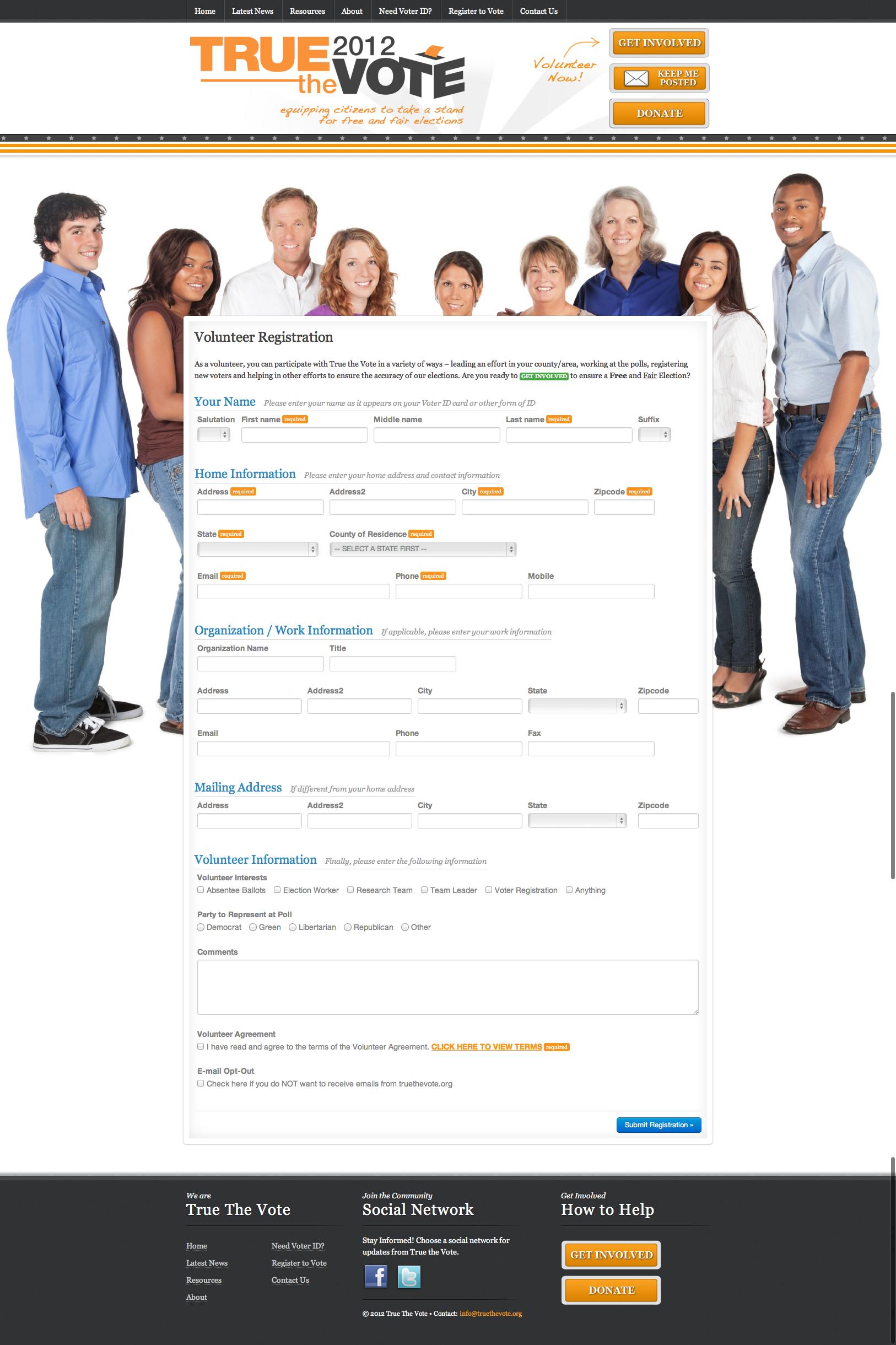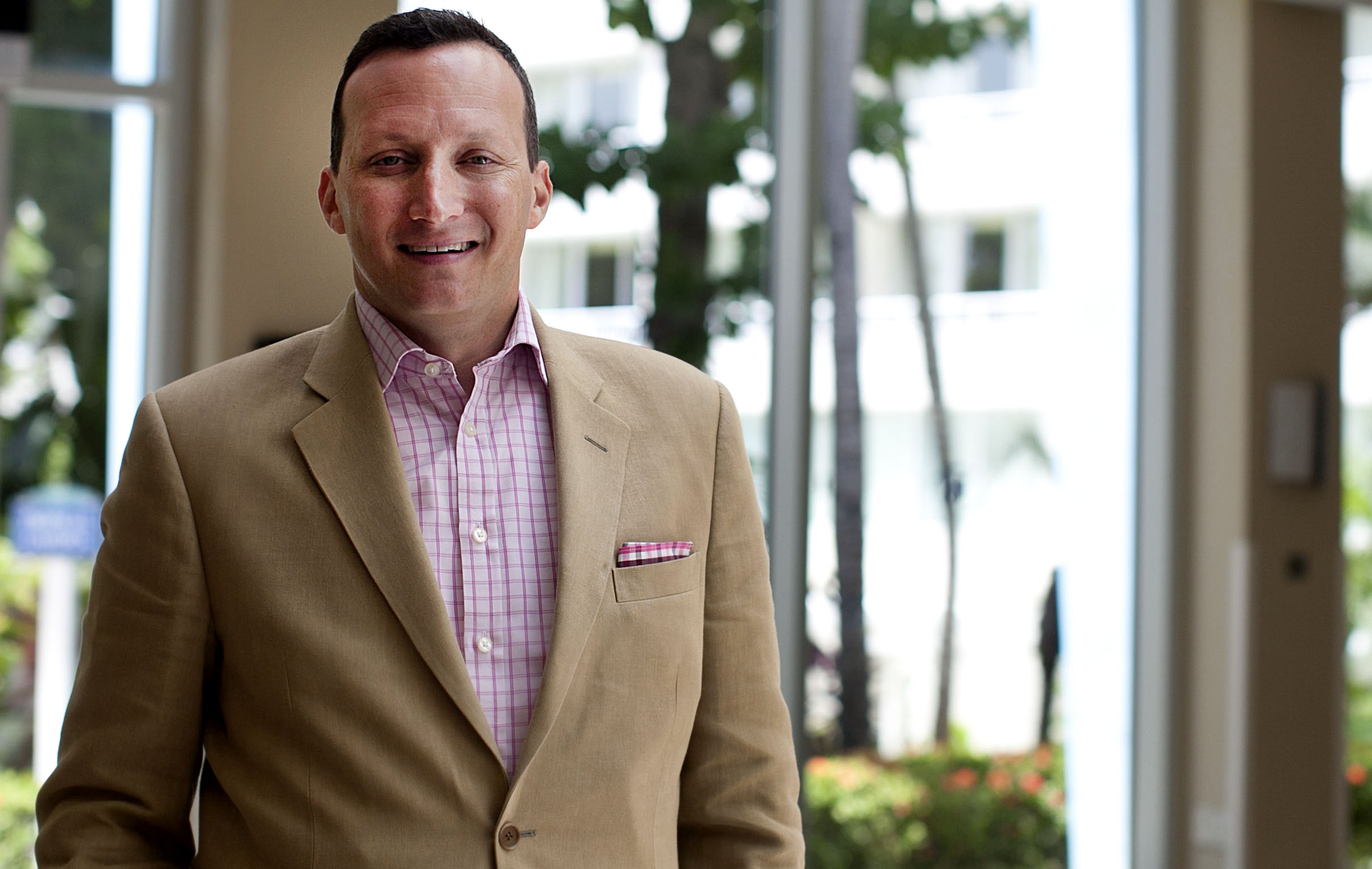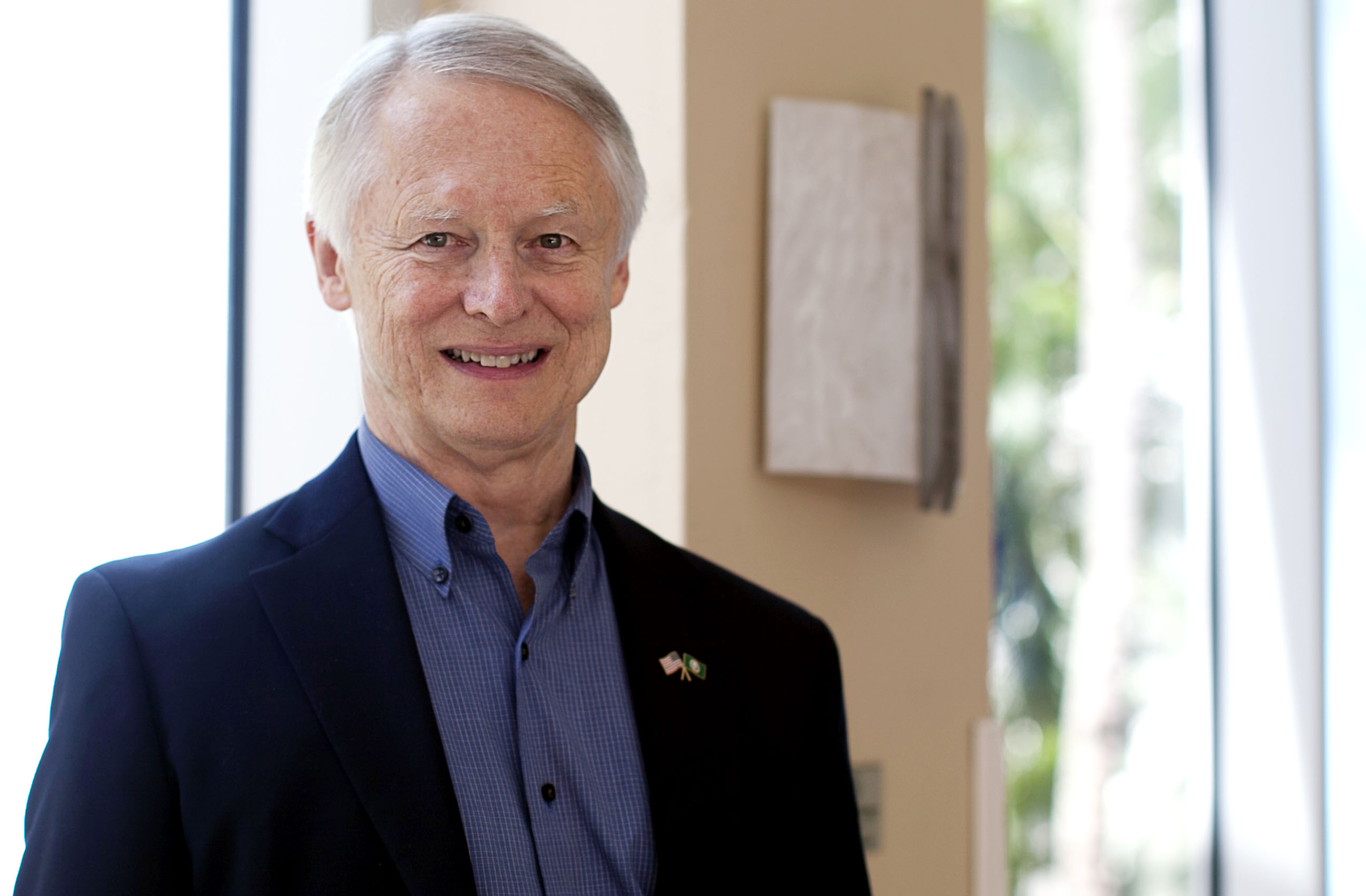As the national debate over voter ID approaches fisticuffs, the state of California continues to shy away from the fight, focusing on a more pressing, local problem — the lack of a statewide voter registration database.
The state has a “cobbled county-by-county system” that makes it difficult to maintain accurate roles with such a young, mobile population, said Kim Alexander, president and founder of the non-profit California Voter Foundation.
The online database, VoteCal, has been in the works since 2006, Alexander said, and would collect voter registration into one system. The database is a requirement of the Help America Vote Act of 2002, with which California still does not comply, Alexander said.
California is one of 20 states with a Democratic governor, Jerry Brown, but Alexander said you wouldn’t know it based upon the database’s slow progress. Democrats have been “lazy and complacent,” and have squandered this opportunity, Alexander said.
A 2010 report by the Secretary of State projects the database will not be completed until 2015.
By Annelise Russell, News21




